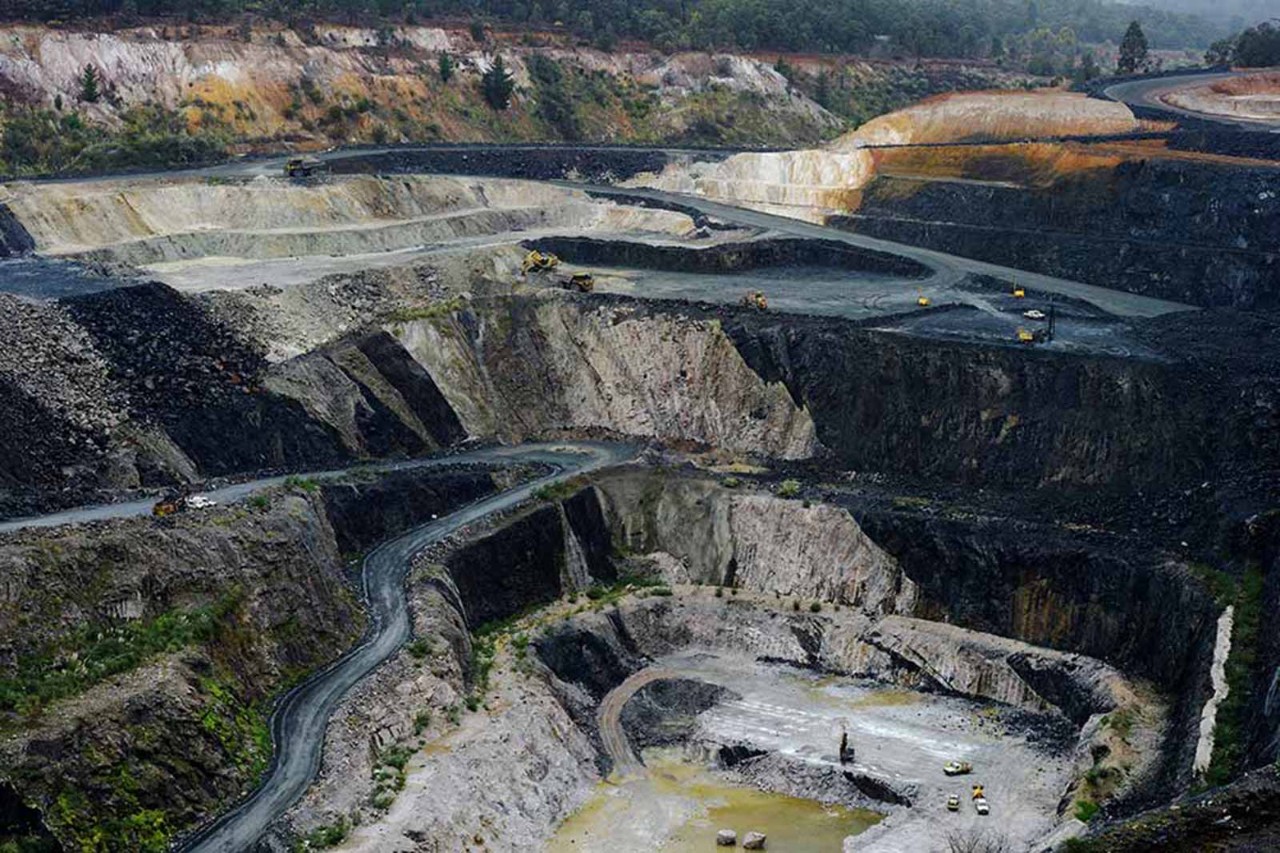Sometimes the world of IFRS Standards can feel like an area that many people simply aren’t interested in. It’s rarely the go-to ice-breaker at parties (from the days when parties existed), and not usually high on the list of conversational topics on first dates.
Even in the academic world that some of us inhabit, you are often best to make your point and make it quickly, before you see the eyes glaze over and the familiar nodding head of someone who wants it all to end.
Anyway, every now and then, one of the projects undertaken generates huge public interest. One such case is the IFRS Foundation’s recent consultation paper on sustainability reporting, which received 577 comment letters in response.
The more mean-spirited among you may suspect that this is around 570 more than average. To put it in context, the goodwill impairment project (which is about as exciting as it gets within financial reporting) received less than 200.
Clearly sustainability is an issue that has far wider scope than simply focusing on accounting standards, and gives the outside world a chance to peek into our own slightly bizarre community of financial reporters. Among the usual commenters (accountancy bodies, accounting firms) were numerous individuals, politicians, universities and even a yoga studio. When a yoga instructor is contacting the IFRS Foundation, you get the feeling that this issue may be a little more significant about whether pension disclosure requirements are too onerous (and they are, by the way).
The current situation
In the consultation paper, the IFRS Foundation acknowledges the growing demand for sustainability reporting across all stakeholders. The specific aims and needs of the individual stakeholders may vary, but a common opinion seems to be that there is an urgent need to improve the consistency and comparability of sustainability reporting.
Investors demand better disclosure (in common with every other project ever discussed) of the climate risks and sustainability indicators. Increasing numbers of companies are often happy to provide more information but lack clarity on what to report and how to ensure it is comparable with previous periods of other entities.
As a result of that, many organisations provide their own sustainability framework, tailored to their own entity and their own stakeholders. Some countries and regions are providing other initiatives to support this. In summary, no global framework exists. This is likely to lead to fragmented and diverse approaches that will provide limited comparability and clarity.
While all respondents appear to recognise something must be done, the way forward remains unclear when we get to the specifics
The proposal
The major proposal raised by the consultation paper is for the IFRS Foundation to set up a new board, provisionally called the Sustainability Standards Board (SSB). The name doesn’t quite grab the headlines in the same way as the US agency ‘Space Force’ did, but here’s hoping they could still design a nice logo.
The IFRS Foundation believes it is well placed to set up such a body, building on its experience of developing global financial reporting standards. The Foundation’s mission is to develop IFRS Standards that seek to bring transparency, accountability and efficiency to financial markets around the world. The new body would further support that mission by developing and maintaining a global set of sustainability-reporting standards.
The SSB would operate as a separate body, but alongside the International Accounting Standards Board (IASB). The IFRS Foundation believes the two boards would benefit from the increasing interconnectedness between financial reporting and sustainability reporting.
The responses
The IFRS Foundation trustees met on 1 February to hold an initial discussion on the responses. This focused around the need for a set of standards, the introduction of the SSB and the elements that would be required to make the body a success.
As expected, the responses to this have been incredibly varied. While all respondents appear to recognise that something must be done, the way forward remains unclear when we get towards the specifics.
There are contrasting opinions on what information should be included, what the major initial focus of the standards should be and almost every other potential measurable element to include.
The trustees noted that there was broad demand for the IFRS Foundation to play a role in this but acknowledged the level of work that lies ahead in determining it to be a success. A trustee steering committee will be set up to look closer at how this could succeed before the decision will be made on whether the SSB will be formed.
It may not quite be Space Force, and there are unlikely to be any TV shows made about it, but it may just be that the IFRS Foundation is set to boldly go where no man has gone before.
Oh, and surprisingly, I have yet to read all 577 of the comment letters.





